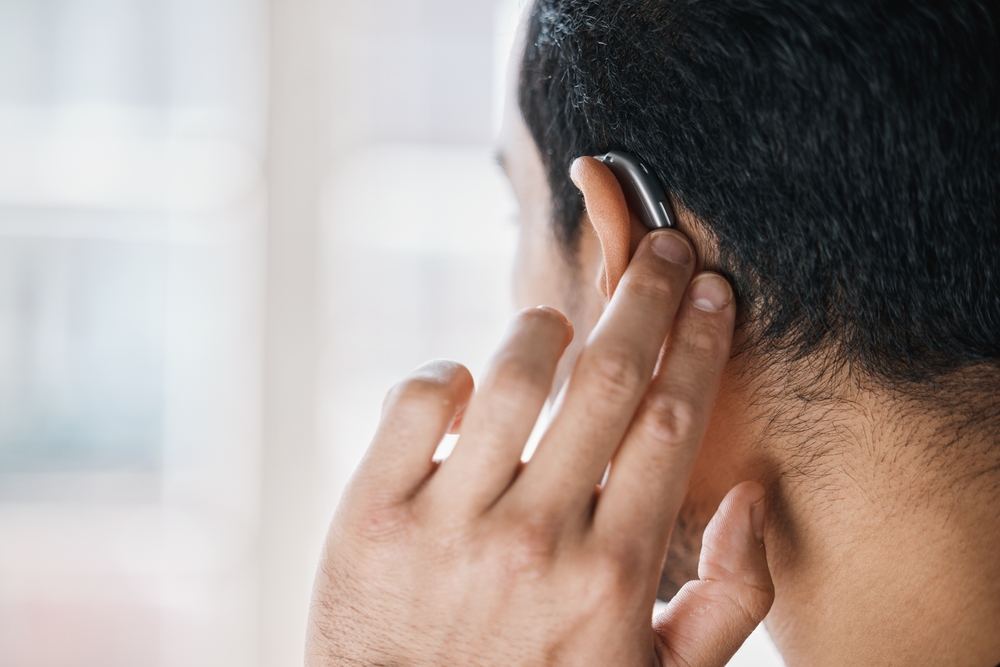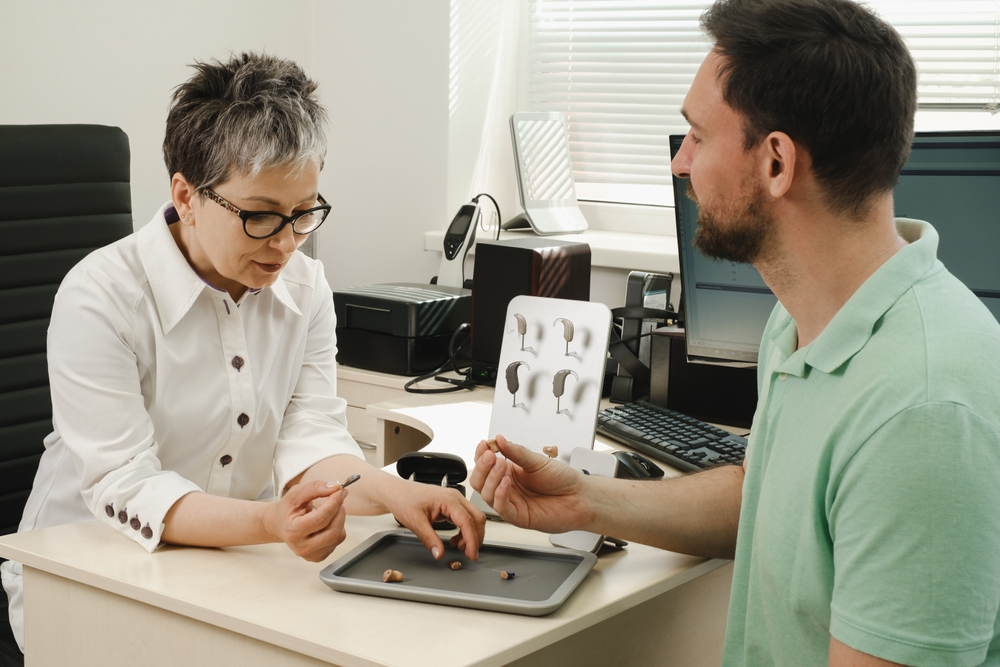Hearing aid batteries don’t have a very long shelf life, and depending on the type of battery, and how frequently people use their devices, you could go through many batteries every year. In addition, these batteries contain toxins that harm soil and water quality.
When they are thrown in the regular trash, there is a danger that these toxins will be released when garbage is burned or merely erode over time in a landfill. Luckily, there are several methods people can use to recycle their hearing aid batteries, keeping these potentially dangerous away from our natural environment.
The importance of recycling
It is estimated that Americans throw away about 1.4 billion disposable hearing aid batteries every year, creating millions of tons of waste. These numbers will continue to rise as more people wear hearing aids, unless they choose to recycle their batteries. Most hearing aids use zinc-air button cell batteries, and some also contain small amounts of mercuric oxide and silver. Over time, the outer casings of hearing aid batteries corrode as they sit in landfills. This releases the zinc and other metals in these devices into the soil and eventually seeps into groundwater. Trash containing hearing aids batteries that is burned releases harmful smoke into the air. High levels of these toxins can lead to health problems in both animals and humans as water and the food chain become compromised. While the amount of toxins in a single battery may seem small, when taken together the sheer mass of these batteries ending up in landfills hurts the environment.
Recycling hearing aid batteries can also have a cumulative effect beyond just taking them out of landfills. When the batteries are recycled, the metals recovered can be used in multiple applications. This means that there is less need to mine to meet demand. Mining in and of itself harms the environment due to the fuel burned by heavy machinery and the waste created by the mining process that leaches into the surrounding soil and water. The recovered plastics and metals from recycled hearing aid batteries can also be repurposed to make new batteries and cut down on additional production of those materials.
Consider rechargeable batteries
For people with hearing aids supporting them, switching to rechargeable batteries also reduces potential waste reaching landfills. These batteries can be charged several times, cutting down on waste and costs to consumers. These batteries also contain zinc and other metals and should be recycled.
How to recycle
Some cities have their own battery recycling programs, and people who wear hearing aids should contact waste management officials to see if they accept hearing aid batteries. Some jewelry stores and larger retailers also accept recycling hearing aid batteries and national organizations offer hearing aid battery recycling.
Finally, people who need additional guidance should talk to their hearing specialist about how to recycle their batteries. It’s a small step that can make a big difference.



